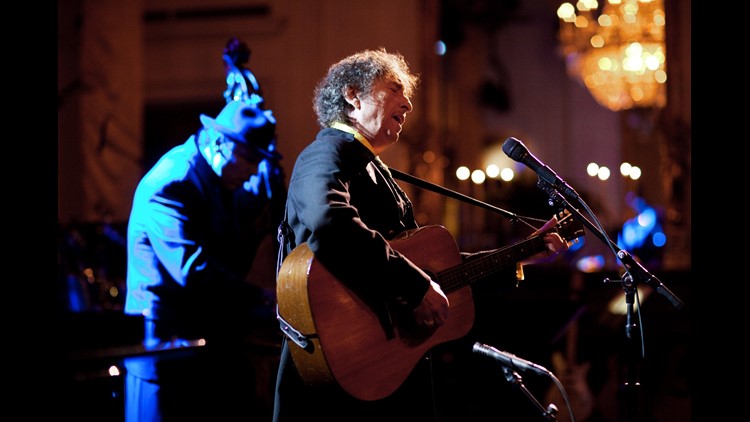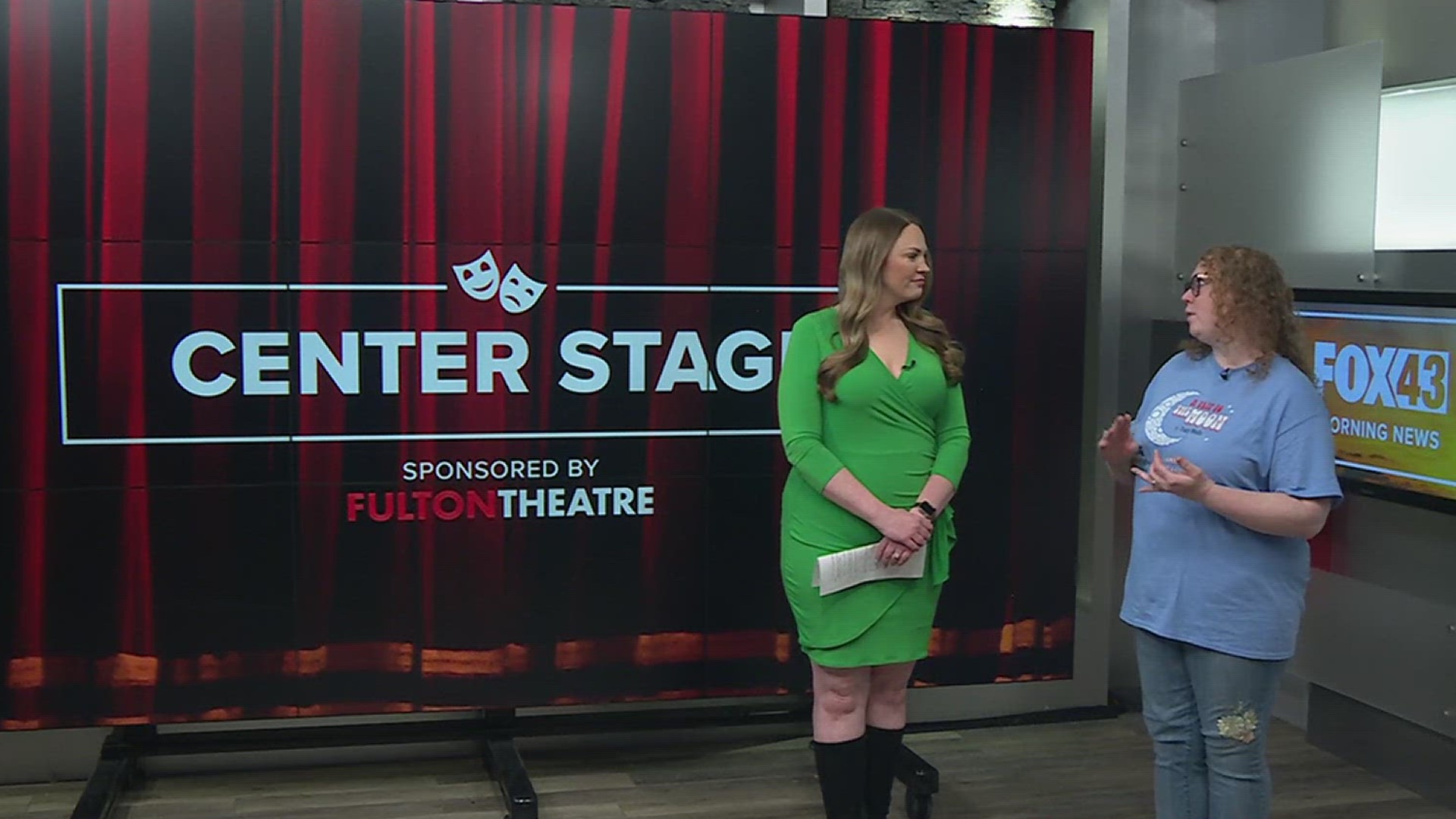When Bruce Springsteen inducted Bob Dylan into the Rock and Roll Hall of Fame, he said: “Bob freed your mind the way Elvis freed your body. He showed us that just because music was innately physical did not mean that it was anti-intellectual.”
Dylan’s influence on music cannot be overstated: the way he subverted the notion that radio tunes have to be three minutes long; the way he proved that songs with overtly political themes can be commercially successful; the way his music resonates just as much today as they did when he recorded them decades earlier.
To be fair, there are quite a few songwriters whose work is still relevant, but here’s only one – Dylan — whose poetry has, at times, changed the course of history.
1. “Blowin’ in the wind”
Yes, and how many years can a mountain exist
Before it’s washed to the sea?
Yes, and how many years can some people exist
Before they’re allowed to be free?
Yes, and how many times can a man turn his head
And pretend that he just doesn’t see?
The answer, my friend, is blowin’ in the wind
The answer is blowin’ in the wind
THEN: When he wrote this song in 10 minutes sitting in a cafe — as Dylan claims — he had no way of knowing it would become an anthem of the civil rights movement. After all, he once called it “just another song.” He sang it at a voter registration rally in Greenwood, Mississippi. Peter Yarrow sang it during the march from Selma to Montgomery. And the trio, Peter, Paul and Mary played it on the steps of the Lincoln Memorial during the March on Washington, just hours before Martin Luther King Jr. stood before thousands and declared “I have a dream.”
NOW: Now a timeless classic, “Blowin’ in the wind” sits securely atop any list of anti-war songs. It’s the most covered of all Dylan songs. In 1997, it was the subject of a homily by Pope John Paul II, the only time a pop song had prompted such a sermon. In it, the pontiff said, “You say the answer is blowing in the wind, my friend. So it is: but it is not the wind that blows things away. It is the wind that is the breath and life of the Holy Spirit, the voice that calls and says, ‘Come!'”
2. “The times they are a changin'”
The line it is drawn the curse it is cast
The slow one now will later be fast
As the present now will later be past
The order is rapidly fadin’
And the first one now will later be last
For the times they are a’ changin’!
THEN: In the canon of timeless classics, this one rests at the top — a clarion call to parents, politicians and the public to get on the right side of history during the civil rights movement, to choose courage and compassion over complacency, involvement over inaction. Dylan wrote it “I knew exactly what I wanted to say and who I wanted to say it to.” It is poetic, prophetic, powerful — and it has been covered by singer-songwriters from Joan Baez to Bruce Springsteen.
NOW: With age, idealism gives way to realism. And sometimes the wise are worn down. In 2000, he turned the sentiments in the song upside down with the track “Things have changed.”
People are crazy and times are strange
I’m locked in tight, I’m out of range
I used to care, but things have changed
3. “Subterranean homesick blues”
Better stay away from those
That carry around a fire hose
Keep a clean nose
Watch the plain clothes
You don’t need a weather man
To know which way the wind blows
THEN: For those too young to remember, the Weather Underground was a radical group that sought to overthrow the U.S government, and carried out a series of bombings in the mid-1970s, including one at the State Department. The group was informally known as the Weathermen and it took its name from a line from Dylan’s “Subterranean homesick blues”: You don’t need a weather man to know which way the wind blows.
NOW: The song is influential for a second reason: its music video. In it, Dylan stands outside the Savoy Hotel holding a stack of cards with key words from the song that he drops as he lip syncs along. That card-dropping sequence has been copied so often by so many acts that it went from homage to imitation to pop music cliche.
4. “Like a rolling stone”
When you ain’t got nothing, you got nothing to lose
You’re invisible now, you’ve got no secrets to conceal
How does it feel, ah how does it feel?
To be on your own, with no direction home
Like a complete unknown, like a rolling stone
THEN: When Bob Dylan strode on to the stage at the Newport Folk Festival in 1965, foregoing his acoustic guitar for a Fender strat, the crowd went apoplectic. At the time, it was heresy for a singer-songwriter to plug in, and the response was a chorus of boos and jeers. But it was a defining moment in the evolution of music: With that one act, Dylan ushered in a new genre of music: folk-rock, and, as Springsteen put it, “changed the face of rock n’ roll for ever and ever.”
NOW: In its list of “500 greatest songs of all time,” Rolling Stone put the song at No. 1. It’s handwritten lyrics sold for $2 million at an auction. And folk-rock, as a music form, is thriving.
5. “A hard rain’s a-gonna fall”
Oh, where have you been, my blue-eyed son?
And where have you been my darling young one?
I’ve stumbled on the side of twelve misty mountains
I’ve walked and I’ve crawled on six crooked highways
I’ve stepped in the middle of seven sad forests
I’ve been out in front of a dozen dead oceans
I’ve been ten thousand miles in the mouth of a graveyard
And it’s a hard, it’s a hard, it’s a hard, and it’s a hard
It’s a hard rain’s a-gonna fall.
THEN: “A hard rain’s a-gonna fall” is Dylan’s dissection of the Vietnam War. He sings of forcibly dispatching young men off to war and the lasting effects of that on America.
NOW: The song, couched in symbolism and imagery, can also be interpreted in other ways, most often as warning to heed the dangers of climate change. Ahead of the Copenhagen climate change conference, the UN adopted the song and released a video to highlight the dangers of global warming.
6. “Hurricane”
Here comes the story of the Hurricane
The man the authorities came to blame
For somethin’ that he never done
Put in a prison cell, but one time he could-a been
The champion of the world
THEN: Rubin “Hurricane” Carter was a top middleweight boxing contender after he knocked out 11 of his first 15 professional opponents. But Carter was locked up for 19 years after he was convicted (wrongly) of a triple murder. Dylan’s song (co-written with Jacques Levy) helped galvanize public support to his case, and eventually a federal judge ruled in 1985 that Carter didn’t receive a fair trial and released him.
NOW: “Hurricane” is one of Dylan’s lesser-covered songs, but the 1999 Denzel Washington film about Carter’s life, The Hurricane, introduced it to a new audience.
This, by no means, is a definitive list. Are there some Dylan songs that have had a profound impact on you? Let us know below.



